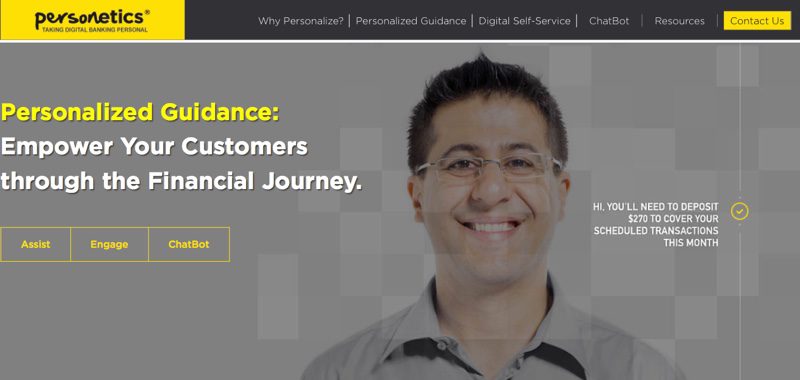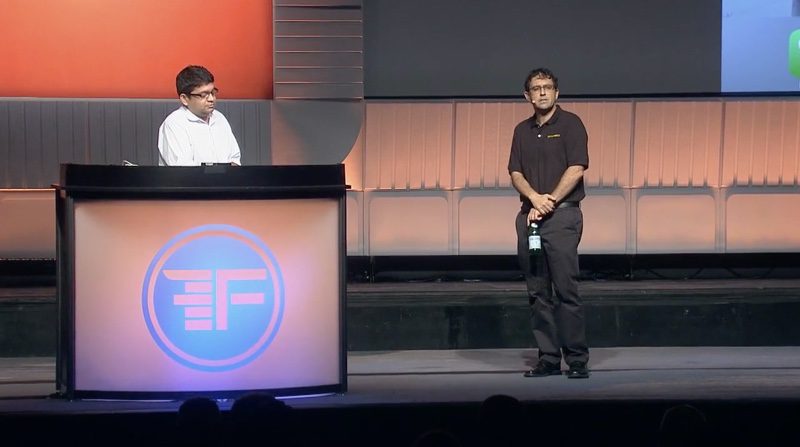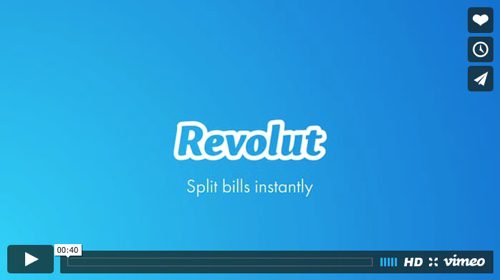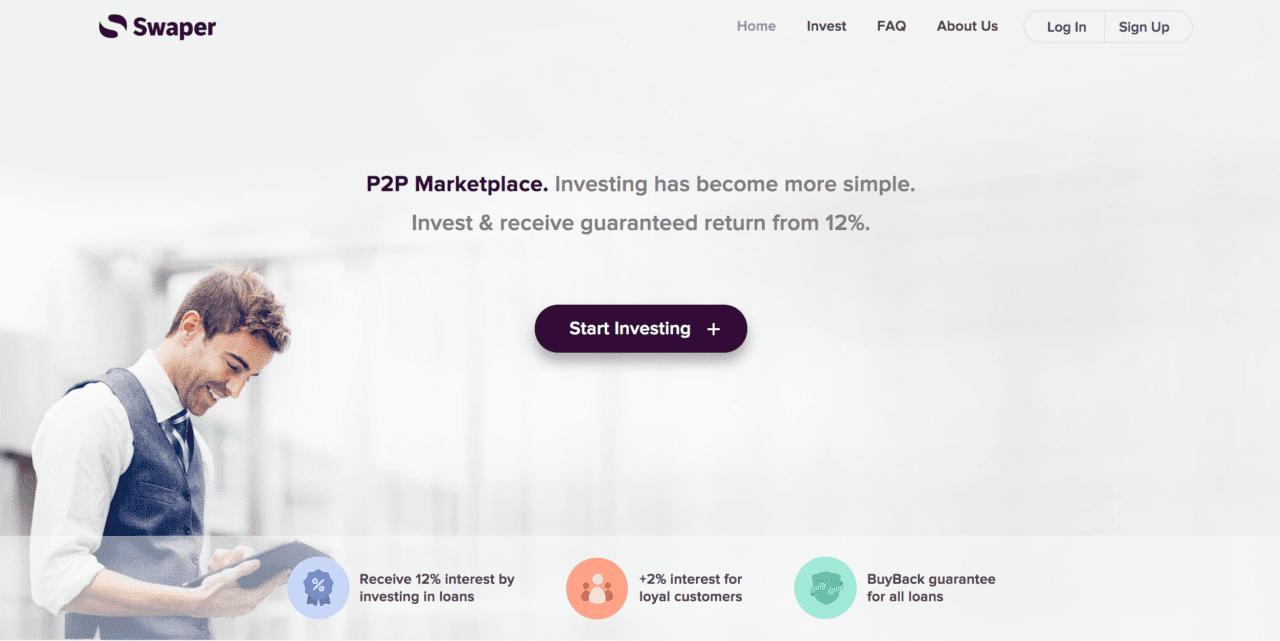Digital identity authentication company ThreatMetrix released key growth metrics today from 2016. The San Jose-based company views last year as the “strongest year in company history.”
Here are the 2016 highlights:
- Prevented more than 500 million attacks
- Protected 20 billion transactions
- Safeguarded 4,500 customers
- Helped prevent $15 billion in fraud losses
- Analyzed transactions from 4.5 billion devices (one third of which were on mobile)
- Protected 1.4 billion online accounts
- Prevented 1 billion bot attacks and 500 million fraud attacks
ThreatMetrix found particular success with financial institution clients. More than half, a total of 55%, of its new customers in 2016 were financial institutions. The company is now working with top banks across Canada, the U.S., and the U.K. Additionally, ThreatMetrix grew into more verticals, including government, healthcare, and insurance.
The company attributes its 2016 success to the increased depth and breadth of its solutions. For example, at FinovateSpring last year ThreatMetrix debuted Digital Identity Graph, a network that gathers information on billions of transactions collected among tens of thousands of websites to create a user’s digital identity by analyzing connections between the user, their locations, behaviors, and devices. The company also launched a Decision Management Portal, an Integration Hub, and a new mobile SDK last year.
ThreatMetrix, which was founded in 2006, hopes to continue its strong growth into this year. The company already has plans to open a new data center in Reykjanesbaer, Iceland. The data center will be powered by geothermal and hydroelectric sources.

















 Natan Abramov, Co-founder & CTO
Natan Abramov, Co-founder & CTO